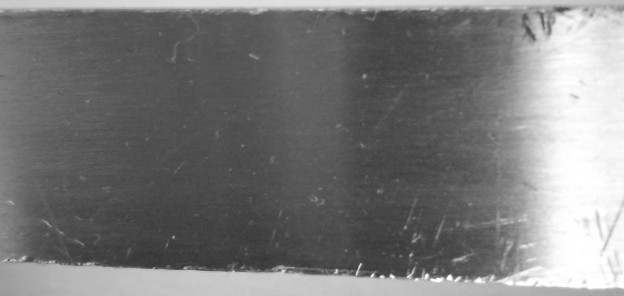It starts with a sound like steel shattering. Then the low roar of an earthquake, the kind where the ground rises up to slap you in the face.
The next thing you know, you’re engulfed in the chaotic center of Armageddon. Nothing about this is random or undisciplined – this ultimate fury is expressed with military precision. This is fury, yes, but fury practiced, directed, controlled, perfected.
When the screaming, long awaited, finally begins, the anticipation realized does not release your tension, it reignites it. Dreams, fears, expectations, nightmares: reformed, rebuilt, redirected. Remember what it means to fear darkness, beasts, strangers.
Remember your infant fear of loud noises, loud voices – turn, and the fear is gone – but the loud noises, loud voices remain.
These speak to you – the words may not matter, the way words in a dream may not matter. It’s the tone, the texture, the intention interacting with parts of your brain that don’t have language. The broadest emotions – love, hope, joy – all people know them, they can be expressed in any language.
But fear and hunger – all living things know what these are, with or without language.
So this moment touches a generality within you – beyond individual, tribe, nation, people, species, genus, family, order, class, phylum, kingdom, domain – it touches life.

